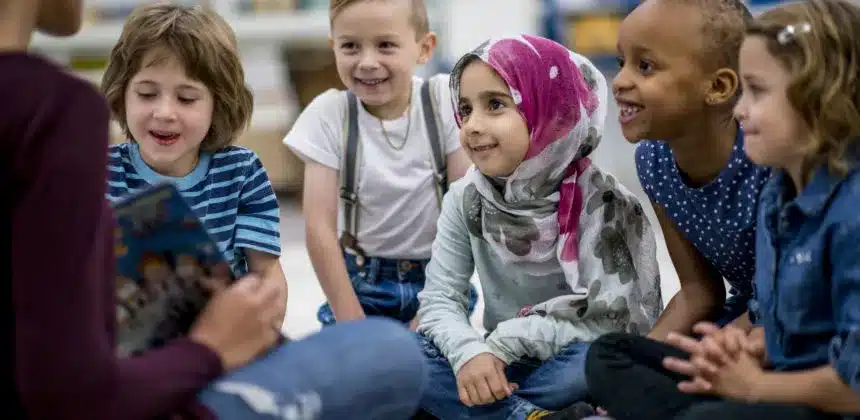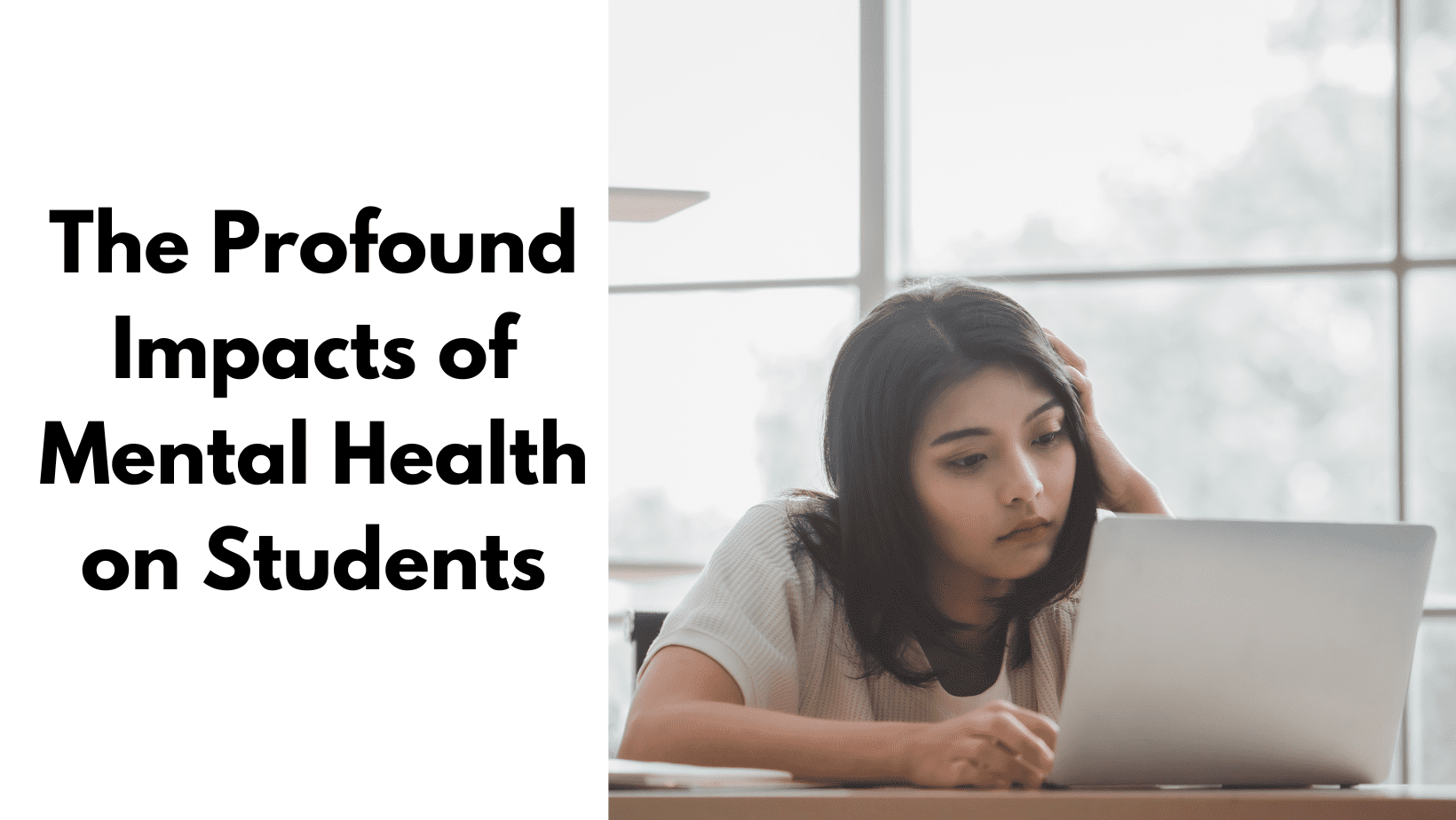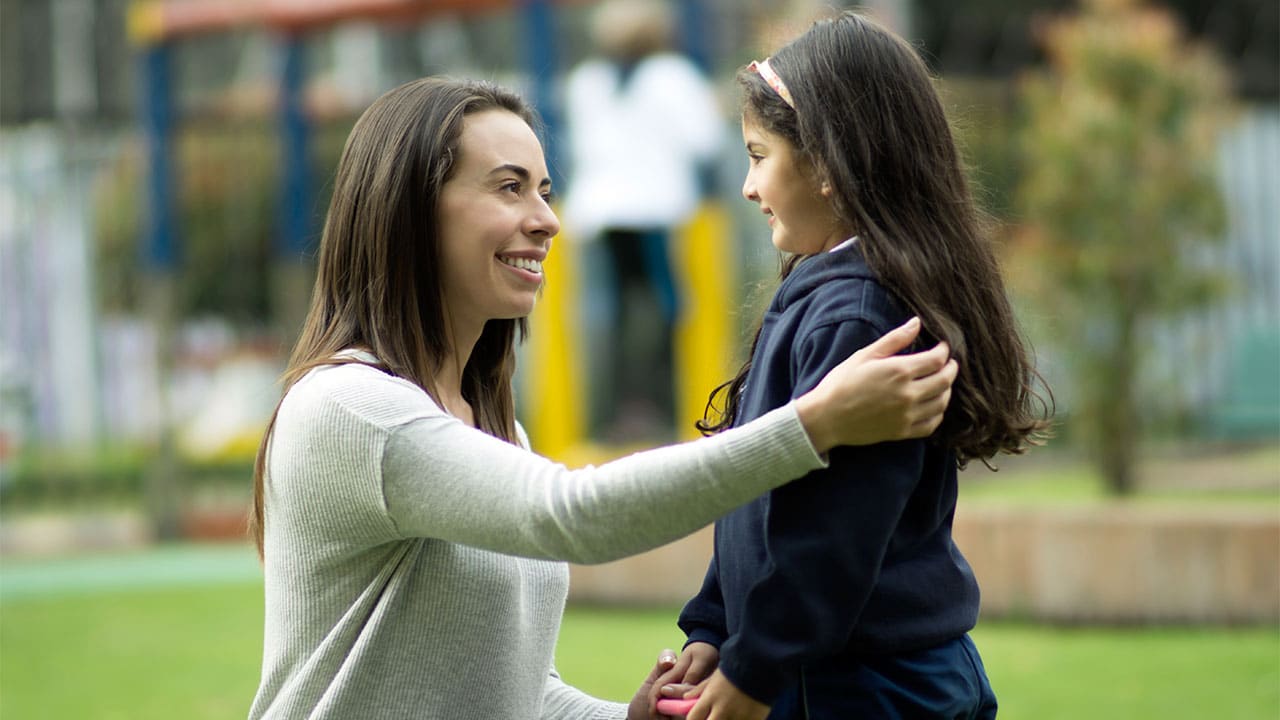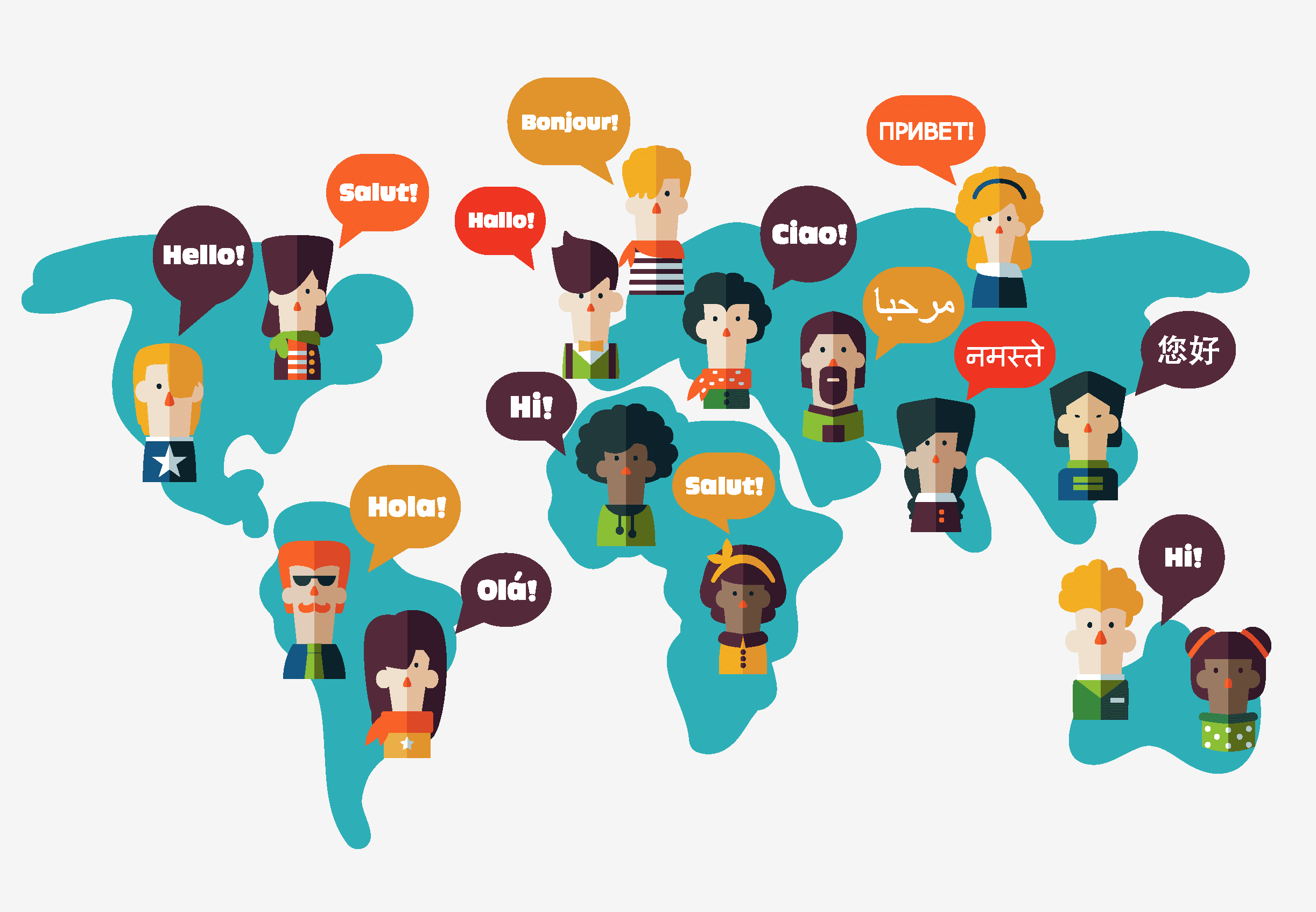Academic success is significantly impacted by reading proficiency. The primary building blocks of education for kids are reading and literacy abilities. Without them, pupils may have trouble in other academic areas for the rest of their lives. The COVID-19 pandemic has caused an upsurge in learning impairments. Learning gaps can be filled by having strong reading abilities. What transpires, though, if your child is unable to read properly?
There is a proper way to learn to read, yes.
A report by the Ontario Human Rights Commission, the product of a Right to Read public inquiry in October 2019, cites a body of research demonstrating the most effective method for teaching young kids to read. However, this knowledge is not being used in Ontario schools.
Schools currently employ a strategy known as “cueing.” This approach teaches students to make educated guesses or predictions about words by drawing on the context of a book or their prior knowledge. This method prevents kids from gaining crucial reading skills at a young age, especially those who are already at risk for reading difficulties or those who have reading disabilities. Reading shouldn’t include making assumptions!
A Reading Approach Based on Science
A restructuring of reading instruction is essential, claims the report. When the right teaching methods are applied, 80 to 90% of kids don’t need any more reading assistance. A proper technique helps persons with reading challenges, such as dyslexia, discover problems early so that a suitable learning plan may be created.
The Right to Read report suggests using “organized literacy,” a method based on research. This methodical approach imparts linguistic skills in speech, writing, and sentence construction. This approach also delves deeper into the relationships between words, their important components, and how everything is organised into spoken and written styles. This also results in long-term student achievement and is referred to as “phonics” and “decoding.”
Decoding: The Cornerstone of Improved Reading
Both phonics and decoding involve disassembling words or passages of text. The best way for young children to acquire and comprehend words correctly is to teach them how to “break the code” of written language. Students can better grasp spoken language by using phonics, which links sounds to the alphabet’s written letters.
Decoding facilitates:
- Amass a sizable repertoire of terms to draw from
- Increase their capacity to quickly identify terms in their vocabulary
- Complete understanding and fluency when reading
- Recognize sentence structure, punctuation, and grammar
In other words, pupils become greater readers when they link print to sound and meaning. They improve their ability to recall the words’ proper meanings and apply their newfound understanding to unfamiliar ones.
We Can Assist!
The Little Readers program from TigerCampus assists pupils in developing strong learning skills by teaching them the basic linguistic building blocks. Our professionals help them as they grow in confidence and their ability to comprehend language and read, which leads to better grades and less stress during the learning process!








